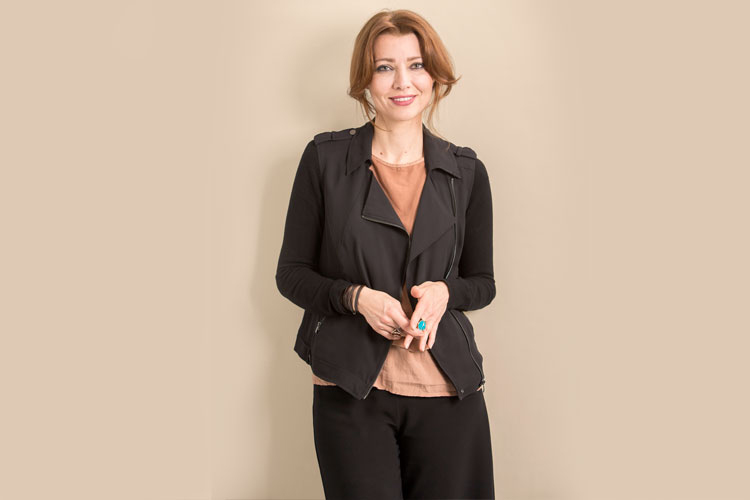From the Women’s Prize Archives.
Following the announcement of this year’s Baileys Women’s Prize for Fiction longlist, we caught up with 2016 judge Elif Shafak to discuss Little Women, Angela Merkel and why her winning book will need to have chutzpah by the bucketload.
Why do you think the Baileys Women’s Prize for Fiction is important?
The Baileys Women’s Prize for Fiction is not only important and remarkable in its originality, it is also much needed—sadly, still so. The publishing world still remains largely male-dominated, even though women read more, buy more books and overall, constitute a big portion of the employees in the industry. There are two kinds of patriarchy. Blatant patriarchy, like the kind in Turkey and the Middle East. And subtle patriarchy, like the kind that exists in Western publishing industry. Sometimes it is more difficult to analyse the subtle one; the former is simply too obvious. I am a big supporter of the Baileys Women’s Prize for Fiction and will remain so until we reach a new level of equality and openness wherein a specific women’s prize will be not needed anymore.
If you could choose one woman to be in a bookclub with, who would you choose?
I’d love to be in a bookclub with Angela Merkel and discuss with her a variety of themes, including literature, storytelling, philosophy, creativity and gender.
What was the first book by a woman you loved?
It was Louisa May Alcott’s Little Women, translated into Turkish. Immediately afterwards I read Virginia Woolf’s Orlando in English. I was very young to grasp the latter fully but I remember being mesmerized by both books, they stayed with me.
What challenges do you think women writers face?
One of our biggest challenges is not to be trapped in ‘identity politics”. I myself am often described as a “Turkish woman novelist” and there is a part of me that wants to shed all descriptions once and for all, and just be a “storyteller”, that’s all. Nationality, religion, gender… After a certain point they all lose their importance. However, in today’s world a woman writer from the Muslim world is primarily seen with and within her identity. I refuse a single, static identity and prefer multiple, fluid, open-ended belongings.
What are you looking for in a winning book?
I am looking for stories that will take me on fascinating journeys beyond mental boundaries; books that are written with honesty, compassion, intelligence and yes, chutzpah.



